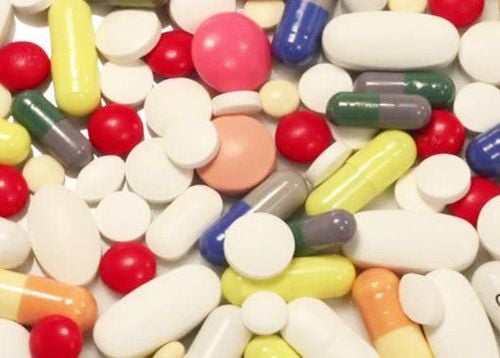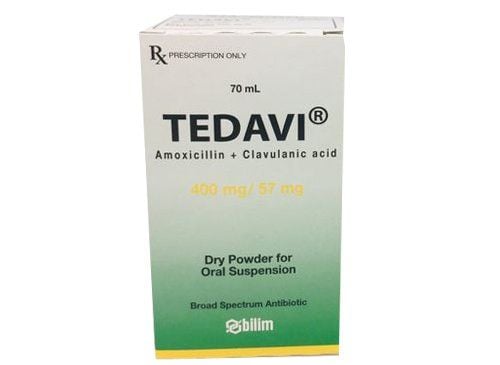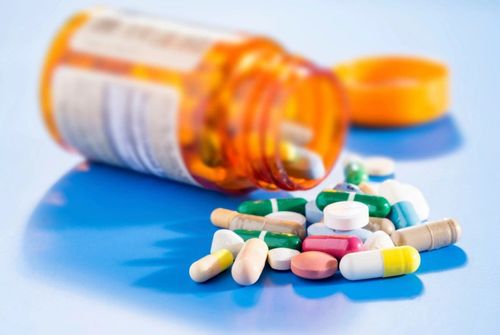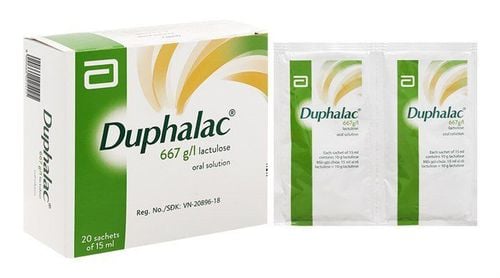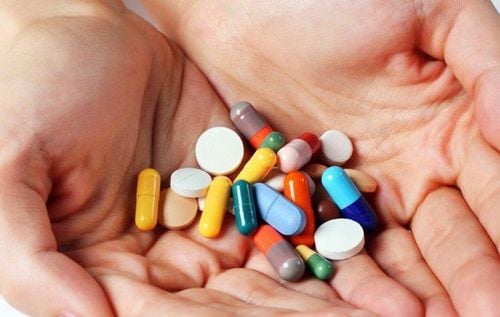This is an automatically translated article.
When we think of bacteria, we often think of harmful microorganisms, but many types of bacteria are very useful to humans. We would not be able to survive without the presence of bacteria.
1. What are beneficial bacteria?
Many bacteria in the body play an important role in human survival. Bacteria in the digestive system help people absorb nutrients, such as complex sugars, which are converted by bacteria into forms the body can use. Some bacteria also help prevent disease by occupying places where disease-causing bacteria want to attach. Some bacteria protect us from disease by attacking pathogens.
The number of bacterial cells is about 10 times more than human cells in our body. Some bacteria live symbiotically, or "friendly", sharing space and resources within the human body and causing no harm to the host, even conferring health benefits.
Trắc nghiệm: Bạn có phân biệt được chính xác cảm lạnh và cúm mùa?
Cảm cúm và cảm lạnh là hai khái niệm mà chúng ta thường đánh đồng nó giống nhau, không phân biệt rõ ràng. Dưới đây là một số câu hỏi trắc nghiệm, giúp bạn có thêm những kiến thức phân biệt cảm lạnh và cảm cúm. Từ đó, có những biện pháp điều trị bệnh phù hợp.According to a 2012 article by microbiologist David A. Relman in the journal Nature, the greatest number of microbial species are found in the human gut. The human gut is a comfortable environment for bacteria, with many nutrients available. According to the American Journal of Gastroenterology, the authors mentioned that gut bacteria and other microorganisms, such as strains of E.coli and Streptococcus, offer many benefits to humans, helping to aid digestion, prevent the entry of harmful pathogens and help develop the immune system. Furthermore, disruption of gut bacteria has been linked to a number of disease conditions. For example, patients with Crohn's disease have an increased immune response against gut bacteria, according to a 2003 review published in The Lancet.
Not only beneficial to human health, bacteria also have many other benefits.
In food technology, lactic acid bacteria, such as Lactobacillus and Lactococcus together with yeasts and molds, or fungi, are used to prepare foods such as cheese, soy sauce, natto (fermented soybeans) , vinegar, yogurt and pickles. Not only is fermentation useful for preserving foods, but some of these foods may offer health benefits.
Some bacteria can break down organic compounds. This is useful for operations such as waste disposal and cleaning up oil spills and hazardous waste. The pharmaceutical and chemical industries also use bacteria in the production of some chemicals.
Bacteria are used in molecular biology, biochemistry and genetics research, because they can grow quickly and are relatively easy to manipulate. Scientists use bacteria to study how genes and enzymes work. Bacteria are also essential factors in the preparation of antibiotics.
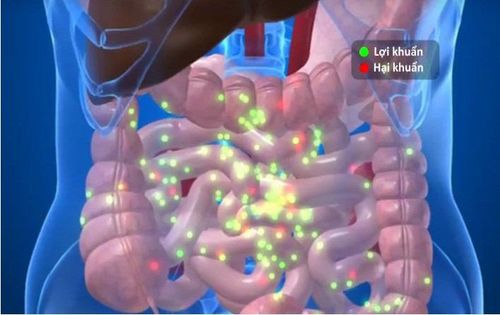
Vi khuẩn ở con người có cả lợi khuẩn và vi khuẩn có hại
2. What do bacteria cause harm to humans?
Besides the benefits, bacteria are mostly microorganisms that cause harm to humans, which is due to their ability to cause disease and spread disease. There is no part of the human body that bacteria refuse to attack. Certain types of bacteria can cause diseases in humans, such as cholera, diphtheria, dysentery, plague, pneumonia, tuberculosis, typhoid, and many others.
If the human body is exposed to bacteria that the body does not recognize as helpful, the immune system will attack them. This response can lead to the symptoms of swelling and inflammation that we see, for example, in an infected wound.
Bacteria attack humans by their endogenous and exogenous toxins. To fight bacteria, humans have created countless antibiotics. This is a drug commonly used to treat bacterial infections. However, in recent years, improper and unnecessary use of antibiotics has promoted the spread of several strains of antibiotic-resistant bacteria. In this case, the infectious bacteria are no longer susceptible to the previously effective antibiotic. For this reason, scientists and health authorities are urging doctors not to overuse antibiotics unless absolutely necessary and for people to practice other ways to prevent illness, such as good food hygiene, Hand washing, vaccination.
SEE ALSO:
Distinguishing bacteria - viruses - parasites Formation and reproduction of bacteria Antibiotics can fight against which types of microorganisms?




